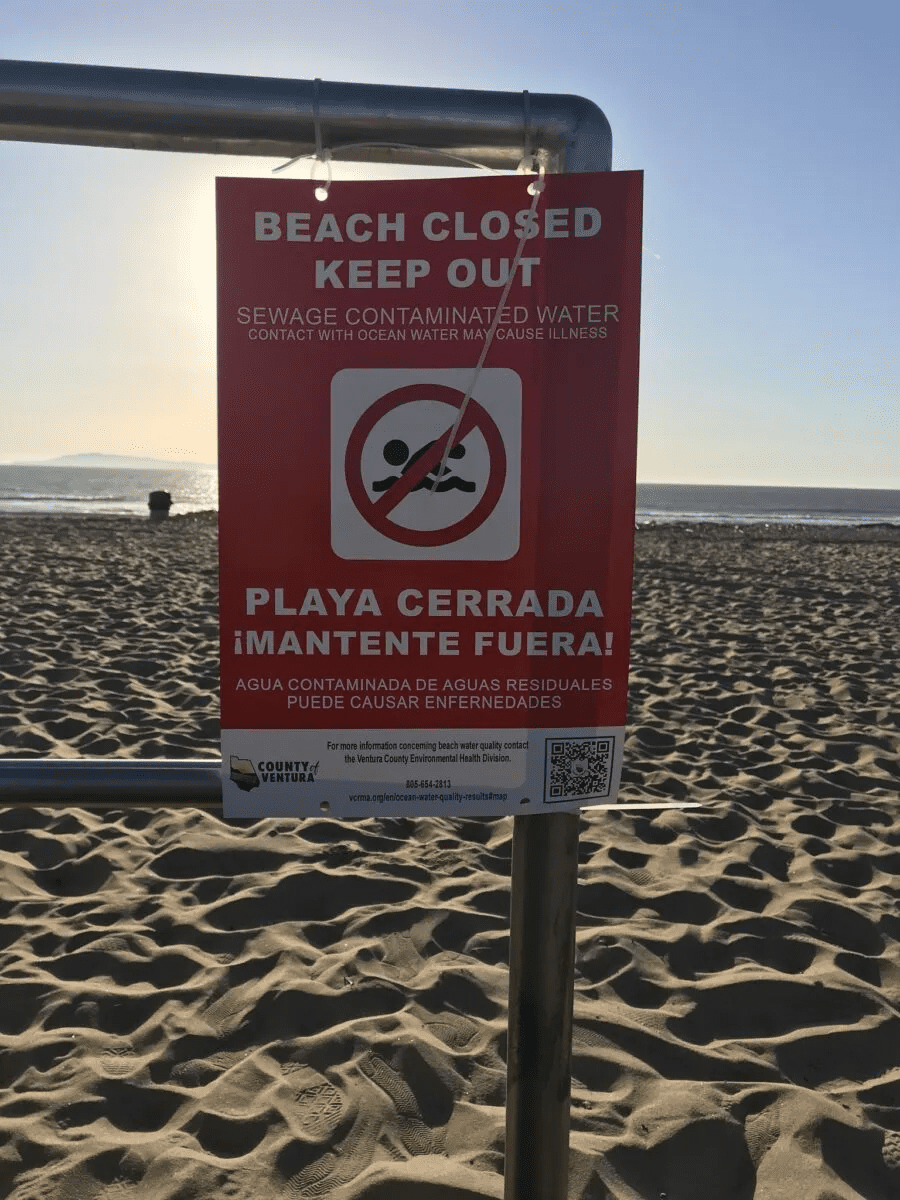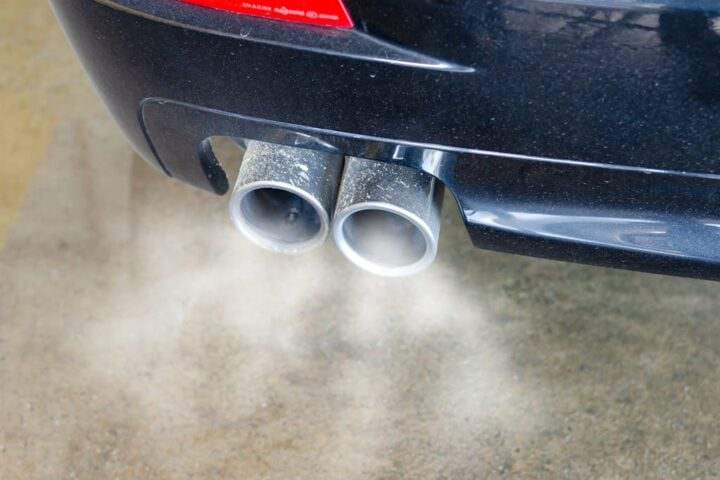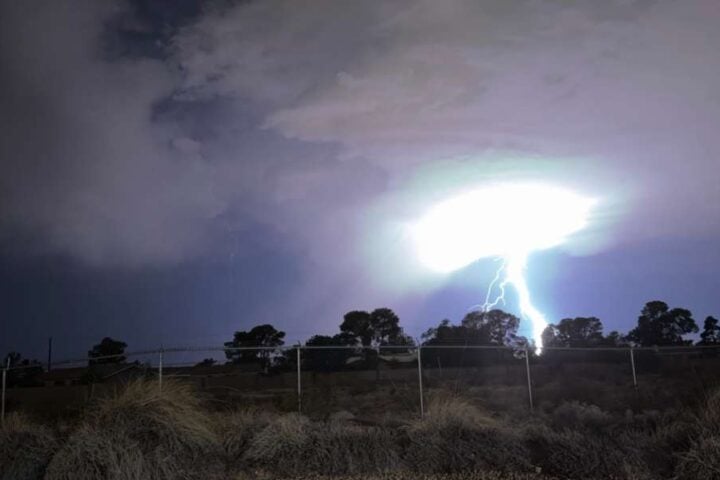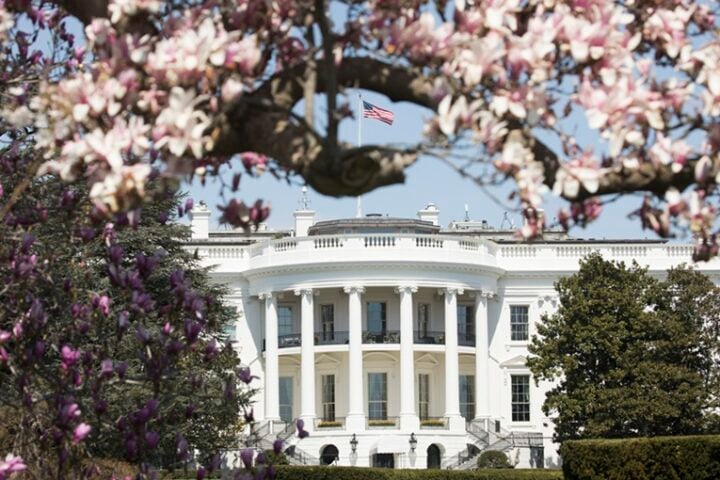Seven miles of California beaches will stay closed until next week because of a massive sewage spillage on Thursday. The spill occurred when a blockage caused the sewer main line to overflow, according to the Long Beach Department of Health and Human Services.
There was a malfunction in equipment used by sanitation maintenance crews that caused the sewage spill on Thursday morning. The spill initially occurred in Downey, a city situated 15 miles from Long Beach.
However, the spill somehow managed to reach the Los Angeles River. Water from the Los Angeles River connects to the Pacific Ocean in Long Beach, meaning pollution upriver can impact the city’s coastal waters.
The spill was “rather large” and beaches will likely be closed until at least Wednesday next week, said Jennifer Rice Epstein, a spokesperson for the Long Beach Department of Health and Human Services. Long Beach City Health Officer Dr. Anissa Davis made the call to close all coastal swimming areas in Long Beach due to the sewage spill.
Sewage also overflowed into the streets, according to the agency. Once the department gets two consecutive clean samples, beaches will reopen. The company had a maintenance crew cleaning a sewer in Downey, about 13 miles southeast of Los Angeles when the spill occurred.
The malfunctioning of equipment that was being used to clean the sewer created a plug, which caused the sewage spill. The sewage that spilled traveled through openings in the curb, leading to underground storm drain pipes, which usually lead to rivers.
The organization is offering free car washes to residents who had to drive through the spill or whose cars were parked in the area. The city cited a state law that requires temporary closures until the water quality meets state requirements. Health authorities with the city of Long Beach are “currently monitoring water quality” on the beaches.
- Kate Middleton: Cancer Recovery “Really Difficult” Despite Remission Status
- Native Australian Bee Honey Works Against Germs Even After 18 Years When Regular Honey Fails
- Moving Diesel Car Exhausts to Right Side Could Cut UK Pavement Pollution by a Third
- 🔴 LIVE Extreme Weather Alert Central: China Floods, India Monsoon, US Storms
- 7 Missing After California Fireworks Warehouse Explosion Ignites 80-Acre Blaze


















